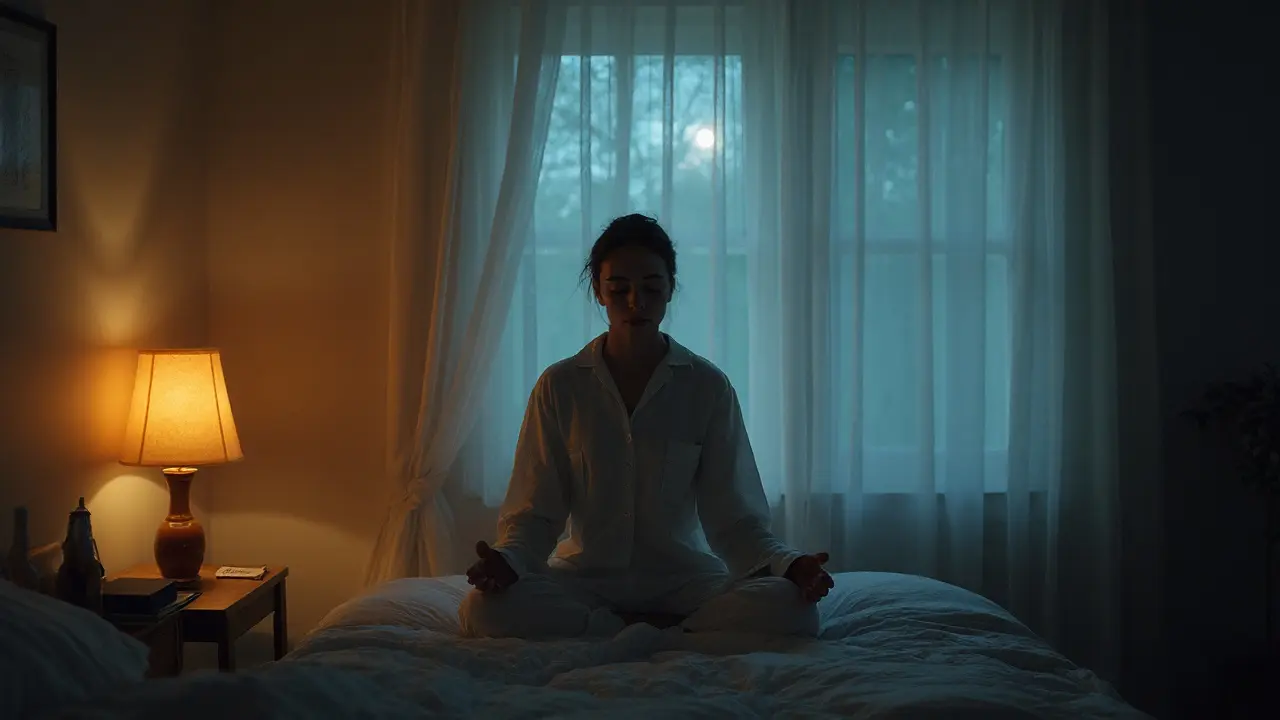Massage Relaxant Benefits: What You Get and How to Choose the Right One
If you’ve ever felt a knot in your neck that just won’t quit, a massage relaxant might be exactly what you need. It’s not just a luxury – it’s a proven way to cut stress, ease muscle tension, and boost your mood. Below we break down the core benefits, the main types you can try in Paris, and smart tips for booking a therapist you can trust.
Top Benefits You’ll Feel After a Relaxation Massage
First off, the most obvious perk is stress relief. A good session triggers the release of endorphins, which calm the nervous system and lower cortisol levels. That translates into a clearer mind, better sleep, and less anxiety throughout the day.
Second, a massage relaxant improves circulation. The gentle strokes move blood through the veins, delivering oxygen and nutrients to tired muscles. You’ll notice reduced swelling and faster recovery after workouts or long work‑hours.
Third, it helps with pain management. Tight shoulders, lower‑back aches, and even occasional headaches can fade when the therapist targets trigger points and releases tension. Many clients report a noticeable drop in chronic pain after just a few sessions.
Finally, regular massages boost flexibility and range of motion. Loose muscles mean you move more freely, which is handy whether you’re dancing in a Paris club or strolling along the Seine.
Choose the Right Type for Your Needs and Budget
Paris offers a variety of massage relaxant styles. Here’s a quick cheat‑sheet:
- Swedish massage – Light to medium pressure, great for overall relaxation. Typical price: €60‑€90 for a 60‑minute session.
- Deep tissue massage – Firm pressure focused on knots. Ideal if you have chronic muscle pain. Expect €80‑€120 per hour.
- Aromatherapy massage – Uses essential oils for added mood‑boosting effects. Prices hover around €70‑€110.
- Hot stone massage – Warm stones melt tension, perfect for winter evenings. Usually €90‑€130.
When you’re picking a therapist, check their certification (e.g., “diplômé d’État” in France) and read recent client reviews. A reputable spa will explain the session length, pressure level, and any contraindications (like recent injuries).
Safety matters too. Make sure the therapist asks about allergies, skin conditions, or medications that could affect the massage. A clean, private space with fresh linens is a must.
Booking is simple: most Paris spas let you reserve online, but a quick phone call can lock in the therapist you prefer. Ask about a “first‑time discount” – many places offer 10‑15% off the first session.
Bottom line? A massage relaxant is a practical tool for everyday well‑being. It cuts stress, eases pain, and leaves you feeling lighter – all without a pricey spa day. Try a short 45‑minute Swedish session to gauge your reaction, then experiment with deeper techniques if you want more targeted relief.
Remember, consistency beats intensity. A weekly or bi‑weekly schedule keeps tension from building up and maximizes long‑term health benefits. So, next time you feel the city’s hustle weighing you down, book a massage relaxant and let the stress melt away.

